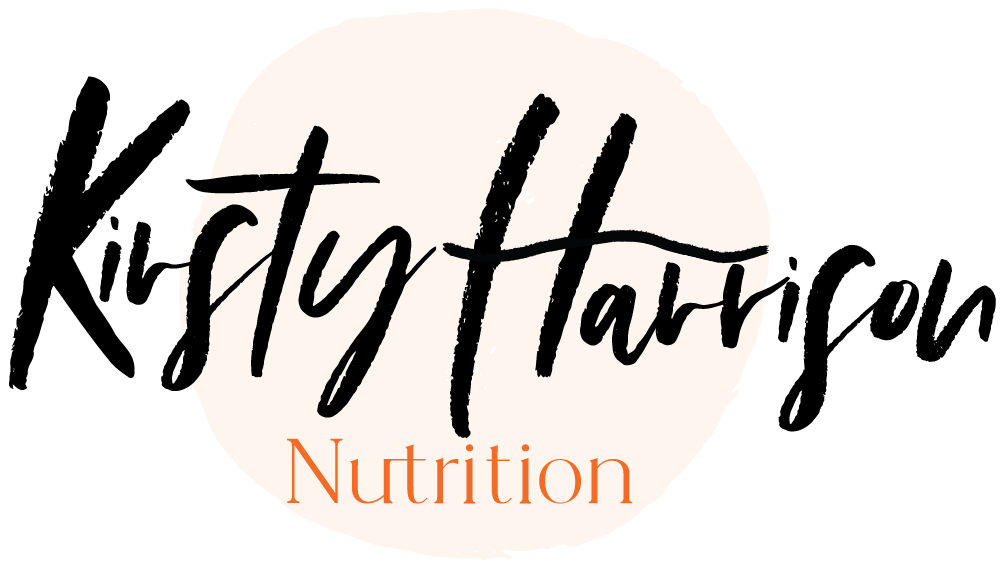PCOS, Acupuncture and Nutrition
What is PCOS?
Polycystic Ovary Syndrome is an endocrine (hormonal) disorder and is diagnosed if a woman has two of the three following criteria
1. Delayed or no ovulation and/or menstruation
2. High levels of androgenic hormones (i.e. testosterone and DHEA-S)
3. Polycystic ovaries on ultrasound
(Rotterdam 2003)
It’s important to know that there is a wide range of severity of the condition- some patients with PCOS have only slightly irregular periods as the only obvious symptom, while others may have never before gotten a period on their own and have every other symptom such as obesity, excess hair and acne.
What are the symptoms of PCOS?
• Insulin resistance resulting in the body being unable to process sugars and carbohydrates
• Irregular or no menstrual cycle
• Hair loss
• Hirsuitism
• Acne
• Weight gain and an inability to loose weight
• Tiredness
• Difficulties getting pregnant
• Mood changes
• High cholesterol
• Heart Disease
• Infertility
• Increased risk of Type 2 Diabetes
How is PCOS treated?
Often really badly! Many women turn to alternative therapies as a last ditch, desperate attempt to do something that will help. Many report being misunderstood by GPs and doctors, with the overwhelming advice being “loose weight”, “go on the pill” or “ it will be better once you’ve had children”. For many, as discussed above, this is so frustrating as they find it impossible to loose weight and many have tried every diet going. Taking the pill can be good in the short term, in that a regular cycle can be induced, but ultimately it will not be addressing the underlying causes and in fact when it is stopped it will be probably be worse. Finally having a child is not so easy when you’re not ovulating or infrequently ovulation with no idea when this is occurring. So many women with PCOS come for acupuncture feeling at a loss as to what they can do, often thinking this is the way their body and their life is always going to be.
How can acupuncture help PCOS?
Scientific reviews have found that acupuncture can increase blood flow to the ovaries, reducing the number of ovarian cysts; it can help the body increase insulin sensitivity and improve the endocrine and metabolic function of patients.
Alongside acupuncture the correct diet and exercise are key to successful treatment. Studies have show that a reduction in 5 to 10% weight in overweight patients can help reduce the number of cysts and help promote a normal ovulation.
But the right diet is essential and this is one that is low in carbohydrate and sugar, the complete opposite of what women with PCOS usually crave. For many women who are overweight and have PCOS every day is a continual battle against hunger. The need for carbohydrates can be overwhelming and although women know this is not really what they should be eating they cannot resist. Women then blame themselves, feel they should have more will power, more self control, but in fact it is their biology that it working against them, making it impossible to make better choices. Everyone is saying if you loose weight you’ll feel better and the PCOS will right itself. However this is a PCOS trap. Because PCOS means the endocrine and metabolic systems are out of whack. It is highly likely that alongside insulin resistance and an inability to regulate blood sugar levels, there is also too much leptin. Too much leptin means the brain becomes desensitised to hunger signals, therefore it can feel like you are starving and the brain is telling you to eat more and store more fat, it’s screaming for carbs and sugar. Nobody’s will power can over ride this. It is estimated that up to 20% of women in the UK are affected by PCOS and it is one of the main causes for infertility. Of those women up to 50% are considered to be overweight.Here Nutritionist Kirsty Harrison outlines a brief description of the best advice on how women with PCOS should approach eating (without dieting!).
What do eat to help PCOS
PCOS can make you feel hopeless and out of control but taking control of your diet and adapting your lifestyle is a very simple and effective way of alleviating some of the symptoms associated with this PCOS.
Changes to the diet I would suggest are as follows: –
• Where possible move away from refined carbohydrates, switching to wholemeal bread, wholemeal pasta, brown rice and oats can go some way to reducing those insulin spikes and keep your blood sugar levels balanced. Adding protein into each meal will slow down the rate in which the sugars in your carbohydrates are broken down in the blood stream. This change, over time, could help to reverse the insulin resistance or prevent it from happening altogether.
• Adding good fats to your diet may seem counterproductive but is actually a crucial component in reducing your symptoms. These essential fats are found in oily fish, avocados, nuts and seeds. Adding fat to your diet helps keep you feeling fuller for longer and again helps maintain your blood sugar levels. These Omega 3 fatty acids are also good for maintaining a healthy heart.
• Reduce alcohol – this will take the pressure off of your liver allowing it to concentrate on producing the protein Sex Hormone Binding Globulin (SHBG). This protein regulates the hormone levels in the blood stream so plays a role in reducing the circulating testosterone. This may help reduce symptoms such as excess body hair, weight gain and acne.
• Increase vegetable and pulses in the diet. By increasing vegetables and pulses you will not only be improving your overall nutrient status but also will increase your fibre intake. Fibre helps support elimination ridding your body of excess hormones and toxins.
• Eating foods rich in magnesium such as pumpkin seeds, almonds, brazil nuts and cashew nuts to name but a few may help in the regulation of insulin levels.
• Reduce/eliminate processed foods.
• Drink 2 litres of water a day.
• Reduce/eliminate caffeine.
• Consider eating little and often to maintain energy levels and to stabalise blood sugar levels.
• Increase exercise. Exercise plays a vital role in the reduction of stress. Regular moderate exercise will also aid in weight loss.
As mentioned above by Hannah, if you are overweight, reducing your body weight by 5 – 10% can cause more than half of women to start ovulating again, improving fertility and reducing inflammation. Losing weight can feel, when suffering from PCOS, like too much of a challenge. I would very much recommend seeing a Nutritional Therapist/Health Professional to assist with this. A NT or Health Professional would also be able to advise you on the various supplements that are available to support you.
It is worth remembering that there is not a one size fits all approach to treating PCOS. Symptoms are very different for each person and seeking help from a professional will support you in making the best decision for your health.
For more information see

